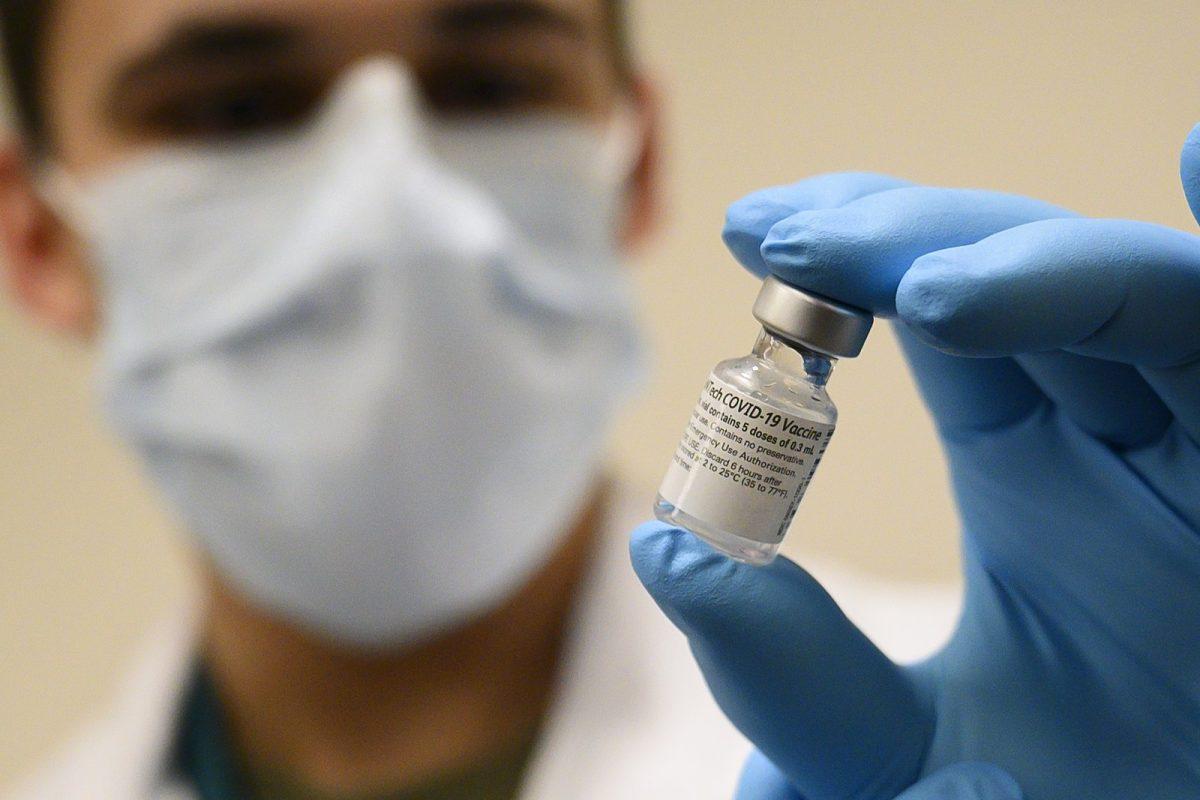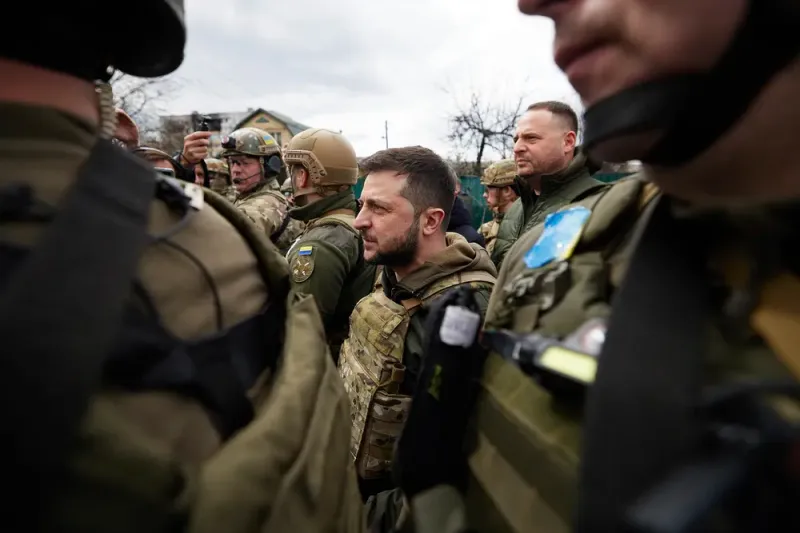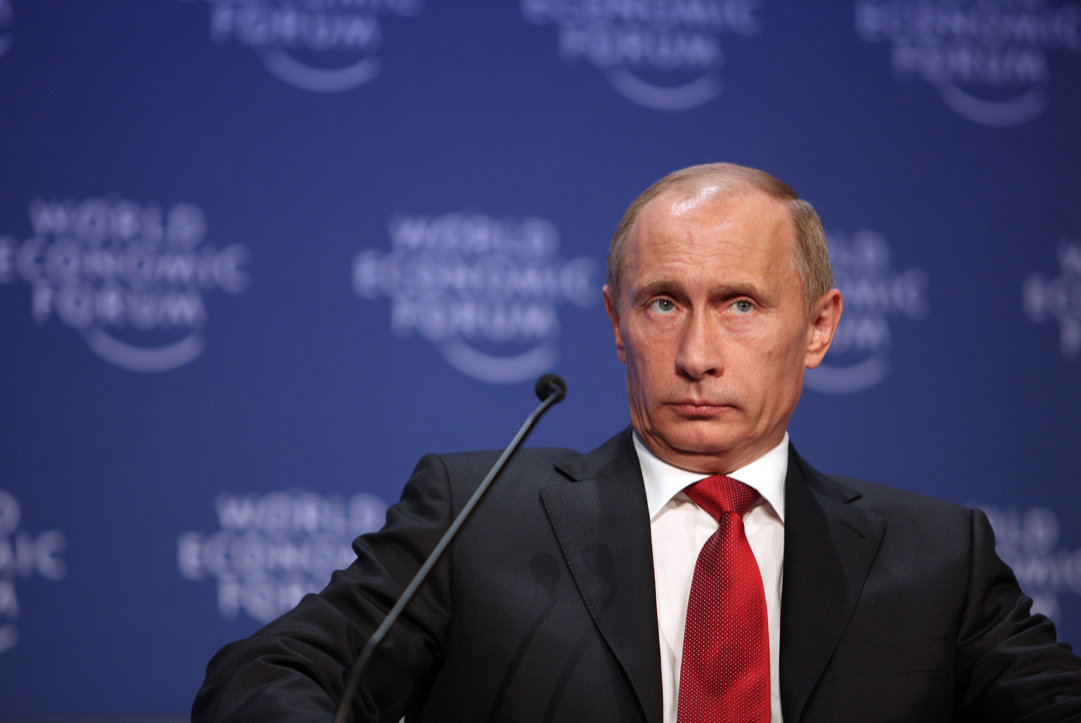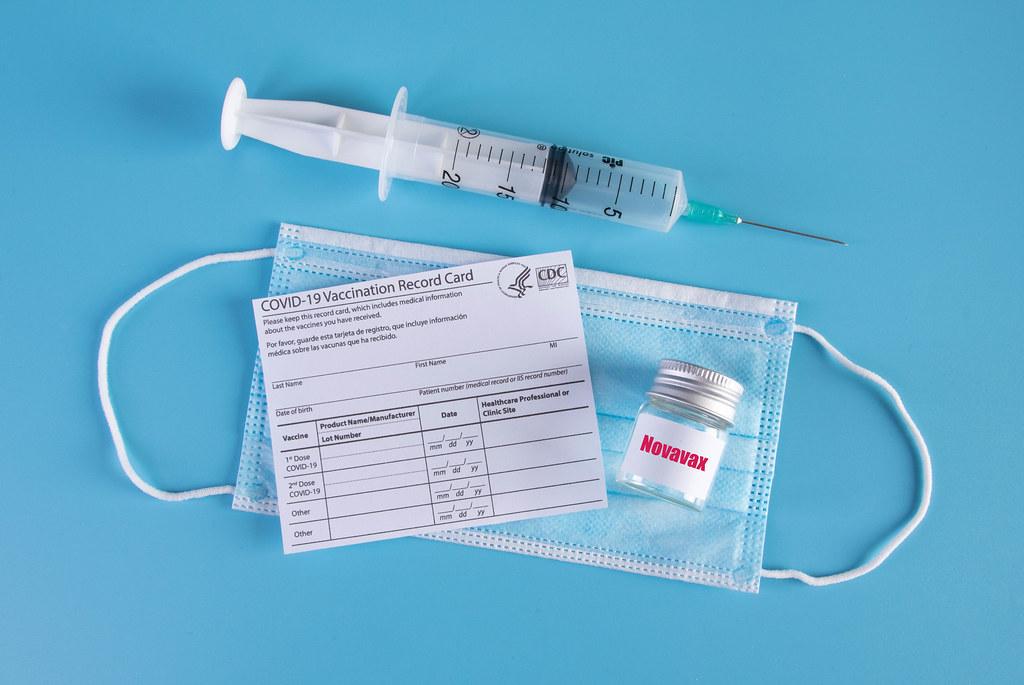New data from clinical trials out of Qatar proves that the Pfizer/BioNTech COVID-19 vaccine is effective against a new variant of the virus. In January, Qatar saw a surge in cases of the B.1.1.7 variant, and then another blow hit them weeks later when the B.1.351 variant, linked to reinfections and dampened vaccine efficacy, arrived and spread rapidly. The Moderna vaccine is also effective against this new strain, as it uses the same technique as the Pfizer vaccine, and they are both effective against B.1.1.7 as well.
Clinical trials in South Africa had suggested that the B.1.351 variant would be harder to stop with current vaccines. But amid this crisis in Qatar, researchers found that people who received two doses of the Pfizer vaccine were 75% less likely to develop a COVID case caused by B.1.351 than were unvaccinated people.
These new findings — published in the New England Journal of Medicine — suggest that current mRNA vaccines — Pfizer and Moderna use RNA, while AstraZeneca uses DNA, and Johnson & Johnson uses a disabled adenovirus — are an effective weapon against certain variants. Pfizer and BioNTech are developing a new vaccine that protects against the standard strain of the virus, but also targets B.1.351, and Moderna is also working on an updated vaccine. Early results from Moderna’s trial show that a third booster shot of the updated vaccine triggers a strong response against the deadly variant.
Ongoing research of the vaccines has produced different conclusions. The B.1.351 strain was first discovered in South Africa in late 2020, and it is now the prominent strain there. Early studies showed that the variant weakened vaccine-induced antibodies, and it also suggested that some vaccines are less effective against the strain than others. Early research showed that the Pfizer vaccine was weakened by the variant, but probably not fully compromised. In April, Pfizer and BioNTech announced that a small trial in South Africa had found the vaccine to be fully effective against the variant, but the study included just 800 people, and only six infections caused by B.1.351 were recorded in the placebo group, so efficacy may have been lower in reality.
The team in Qatar analyzed tens of thousands of COVID cases that occurred between December (start of vaccinations) and March. Genome sequencing showed that the B.1.1.7 and B.1.351 variants were the prominent strains during this period, and each accounted for about half of the country’s cases. The researchers compared COVID infection rates in vaccinated people versus unvaccinated people. People who received two Pfizer doses were about 90% less likely to develop an infection caused by B.1.1.7, which echoed earlier findings in other countries. More importantly, the researchers identified around 1,500 infections caused by B.1.351 in vaccinated persons, but only 179 of these occurred more than two weeks after the second dose. Additionally, there were hardly any severe cases of either of the two variants (B.1.1.7 and B.1.351) after full vaccination (two weeks after the second dose). These findings prove at least some promising level of efficacy against the deadly B.1.351 strain.
The Johnson & Johnson and AstraZeneca vaccines, which use a disabled adenovirus and DNA, respectively, seem to offer less protection against the variants. The J&J vaccine was tested in South Africa, where the new variant was spreading, and scientists believe that is why the efficacy rating is lower. However, it may still offer some protection we do not yet know of against variants. The AstraZeneca vaccine is relatively effective against B.1.1.7, but not very effective against B.1.351. The Novavax vaccine is very effective against B.1.1.7, and fairly effective against B.1.351. Finally, early reports suggest the Sinopharm vaccine is not very effective against the B.1.351 variant.
Out of the three most publicized variants (B.1.1.7 of the U.K., B.1.351 of South Africa, and P.1 of Brazil), two now have reasonable ways of being prevented. However, there are other new variants circulating, and it remains unclear whether vaccines can cure against these variants.




































